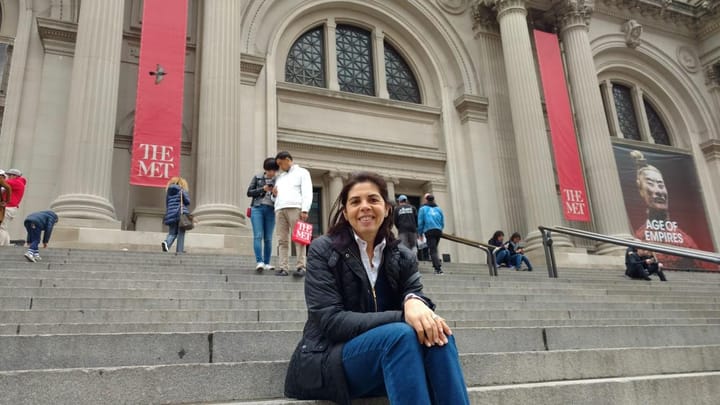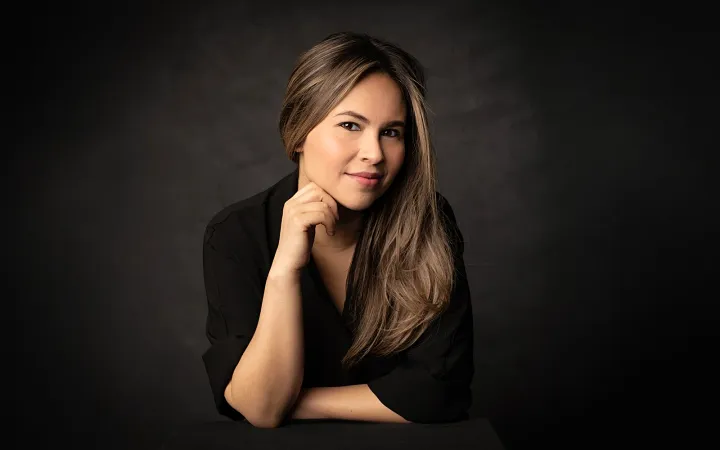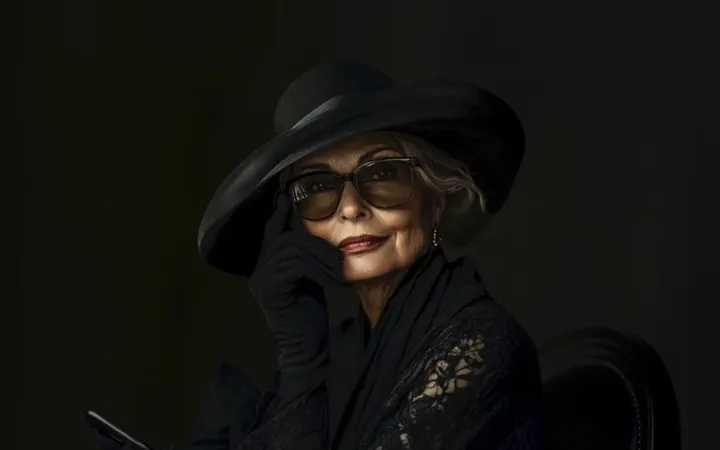
Por Marilú Acosta
El 1º de enero de 1895 Lady Florence Dixie (Escocia, 1855–1905), escritora, corresponsal de guerra y defensora de la igualdad de género, preside el primer club de fútbol femenil, British Ladies Football Club, capitaneado por Nettie Honeyball, quien explica que formó el Club para probarle al mundo que las mujeres no son las criaturas ornamentales y inútiles que los hombres han pintado. En 1920 se juegan los primeros partidos internacionales. Durante el cuarto y último partido de la campaña de recaudación de fondos, realizado en Stamford Bridge (Londres), Alice Kell (Inglaterra) y Madeline Bracquemond (Francia) se besaron al final del partido. Por más controversial que fuera que las mujeres jugaran un deporte varonil, mujeres que habían sustituido a los hombres en las fábricas, dándole continuidad económica al país, el que recaudaran fondos a favor de los soldados heridos de la Primera Guerra Mundial; puso a los hombres en una encrucijada: no saber si condenarlas o agradecerles. El beso, si bien escandaloso y plasmado en fotografías, también tuvo su dosis de paradoja para los hombres ¿fue inmoral o excitante?




